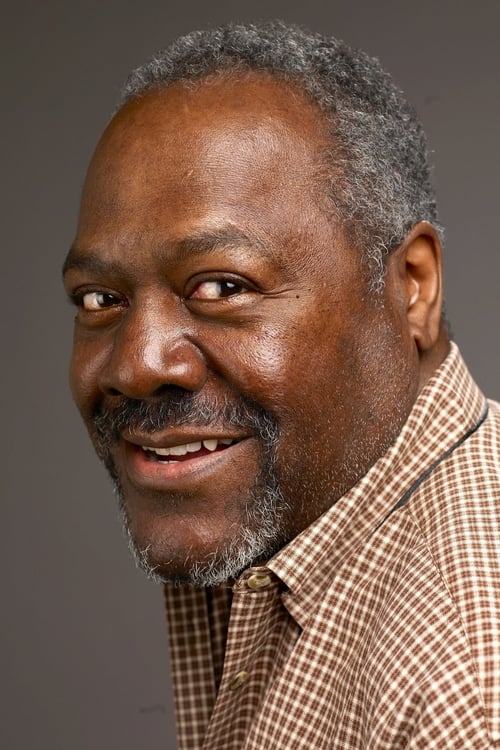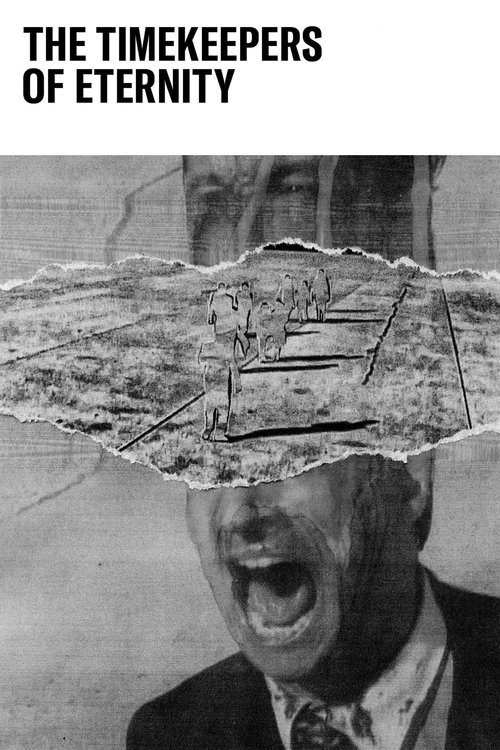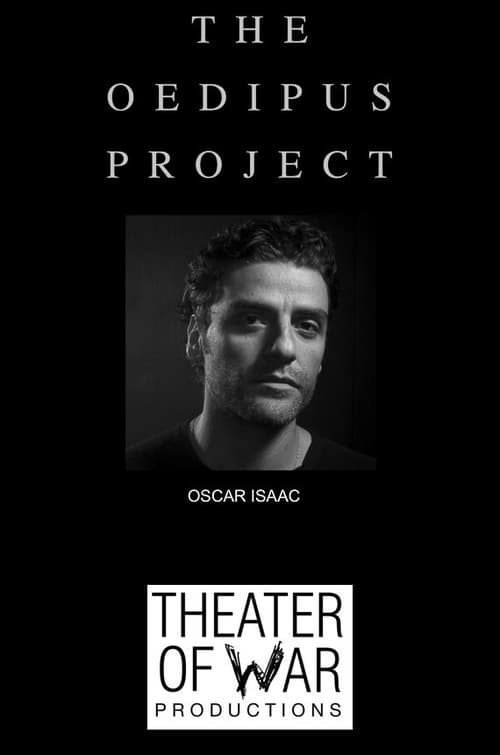
Frankie Faison is an American stage and screen actor, best known for his role as Deputy Commissioner Ervin Burrell in HBO's television series "The Wire", and as Barney Matthews in the "Hannibal Lecter" franchise. He studied Drama at Wesleyan University, Bloomington, Illinois, and graduated from New York Universities' Acting Program.
Explore all movies appearances

Working undercover to expose a corrupt judge, an investigative journalist confronts his secret past plus his mother's mental illness and must choose between addiction and obsession or love and redemption.

A man's overly talkative wife, disrupts her elderly husband's day of peace.

The true story of Mamie Till Mobley’s relentless pursuit of justice for her 14 year old son, Emmett Till, who, in 1955, was lynched while visiting his cousins in Mississippi.

In this mesmerizing experimental film, a Stephen King television movie is compressed and transformed through hypnotic black and white collage animation that meticulously reconstructs and reshapes its supernatural drama to an eerie and profound effect.

Based on the true story of the events that led to the death of Kenneth Chamberlain Sr., an elderly African American veteran with bipolar disorder, who was killed during a conflict with police officers who were dispatched to check on him.

A widowed new dad copes with doubts, fears, heartache and dirty diapers as he sets out to raise his daughter on his own. Inspired by a true story.

After fallout from a story, reporter Melanie goes home to Cherry Springs for a break. When a friend disappears, she uses her skills to get to the truth, to the local detective's dismay.

A woman is forced to go on the run after her husband betrays his partners, sending her and her baby on a dangerous journey.

The Oedipus Project is an innovative new digital initiative by Theater of War Productions that will present acclaimed actors performing scenes from Sophocles’ Oedipus the King as a catalyst for powerful, healing online conversations about the impact of the COVID-19 pandemic upon diverse communities throughout the world. Sophocles’ ancient play, written and performed in 429 BC during the time of a plague that killed one-third of the Athenian population, is a timeless story of arrogant leadership, ignored prophecy, and a pestilence that ravages the city of Thebes. At the time the play was first performed, the audience would have been reeling in the wake of a pestilence and its economic, political, and social aftermath. Seen through this lens Oedipus the King appears to have been a powerful public health tool for helping Athenians communalize the trauma of the plague, through a story that is as relevant now as it was in its own time.

After a young mother murders her family in her own house, a detective attempts to investigate the mysterious case, only to discover that the house is cursed by a vengeful ghost. Now targeted by the demonic spirits, the detective must do anything to protect herself and her family from harm.
Subscribe for exclusive insights on movies, TV shows, and games! Get top picks, fascinating facts, in-depth analysis, and more delivered straight to your inbox.